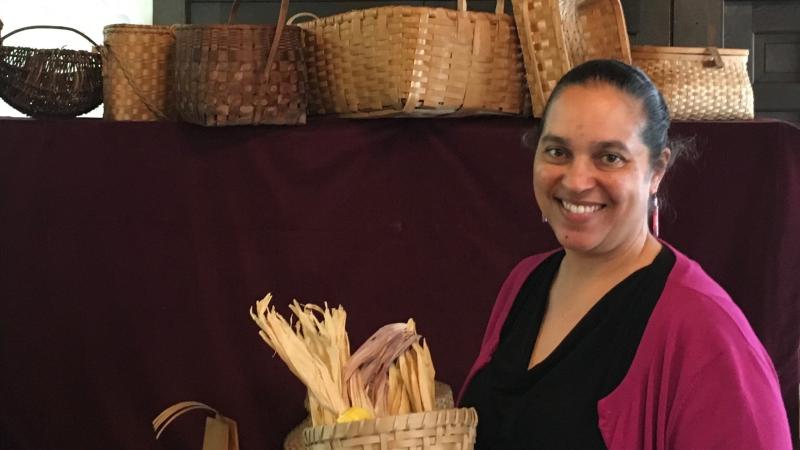Funding Opportunity for
Organizations
Preservation Assistance Grants for Smaller Institutions
Maximum award amount
Up to $10,000 for organizations in the contiguous U.S. Organizations located in a non-contiguous state or jurisdiction may request an additional $5,000 for consultants’ travel and shipping costs.
Expected Output
Format Surveys and Inventories; Preservation and Collections Care Policies; Preservation Assessment Reports; Preservation Supplies/Equipment; Preservation and Collections Care Workshops
Period of performance
Up to eighteen months


